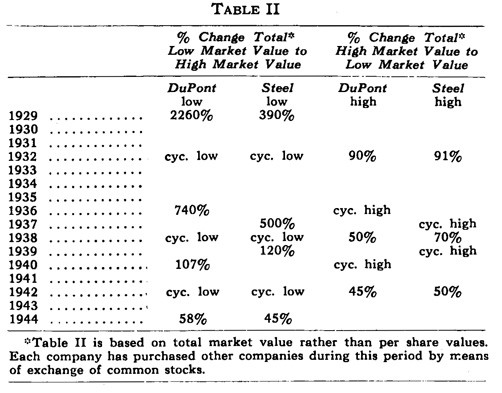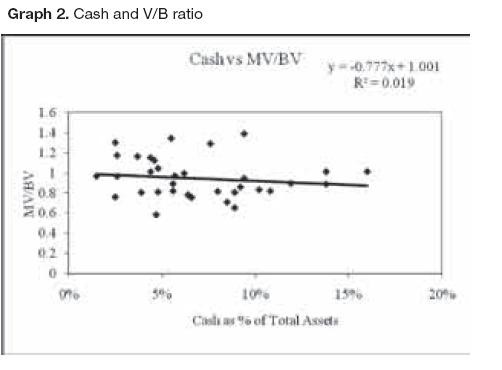Book Value v
Post on: 11 Август, 2015 No Comment

Categories
Those who have lived through the 1990s know the potency of the market sentiment and its power to empower or impoverish large numbers of people. Ever since the Congress government led by former Prime Minister Narsimha Rao introduced packages of economic reforms (under the able stewardship of the then Finance Minister Manmohan Singh) the country has seen intermittent but ascending growth of a phenomenon called the market forces. Though pro bourgeois print media publications and electronic mass media would like the layman to believe that the market forces or the market sentiment is a non human, non state and non political factor of the economy, it is no secret that the same is clandestinely controlled by the corporate sector. Unfortunately, despite repeated deformations in the form scams and meltdowns, the market regulatory authorities have failed to ensure transparency and responsible trade on the market.
In this scenario, the onus falls on the shoulders of the investors to be vigilant while making investments in the shares of companies, especially those who have a history of questionable market behaviour. There are some Reliable companies in the market which often pump millions and millions of rupees in the market on temporary basis to shoot up the initial price of their stocks. Hence, investors need to learn to pay more attention to the dual of the Book Value v/s Market Value and make investments in an extremely cautious manner.
Book Value v/s Market Value: Concepts and Explanation
Before moving on to more complex aspects of shares investments, it is necessary for investors to clearly understand and internalise the practical implications of the phenomenon of book value v/s market value. In financial accounting, book value is also called as the carrying value of an asset or a company enterprise. In case of publically traded assets, the book value of an asset is equal to its original cost minus any amortisation, depreciation or any impairment costs made against the same. To put it simply, book value is the actual cost of acquisition of an asset. In effect, it is the assets value in terms of the hard cash paid for it.
The market value is a much more complex concept and needs a bit more knowledge of the so called market forces. Market value of an asset is effectively the value at which that particular asset is traded on a stock exchange. It is important to recognise that the concept of market value is different and distinct from the concepts of open market value, fair value or fair market value. As alluded to earlier, market value amounts to the price of an asset or a share on a recognised stock exchange. Here, even the book value of the asset is a contributor towards the final market value of the share. However, the original book value is just one among the several factors which decide the actual market value of a companys shares. The other factors which have a much more dominant role in shaping up the market value of an asset are- the ever so vaguely defined market sentiment, approach of the market regulator, foreign institutional investors, mutual funds, the growth and profit potential of the companys enterprise, its credit position and common investors approach towards the shares.
Book Value v/s Market Value: An interesting dual

The secret of making successful investments into the share market involves wise analysis of the book value v/s market value of a companys shares and then deciding on the probability and actual volume of the purchase attuned to the market situation. This requires a lot of patience, perseverance and foresight as the twisted nature of share market speculation and manipulation can smoke screen the actual reality.
In actuality, it is possible for the market value to be greater than the book value or in certain situations, the book value to be greater than the market value. The former is true when all the stakeholders connected to the asset and the market are positive about the growth potential of the company and its future earnings and hence are prepared to pump in more money for the shares. The latter is true when the market situation is dim due to a dim growth situation and future prospects which gets reflected in the ultimate market value of shares.
Hence, it is necessary for investors to understand these factors of the book value v/s market value dual and attune their investments accordingly to reap the maximum benefits.














